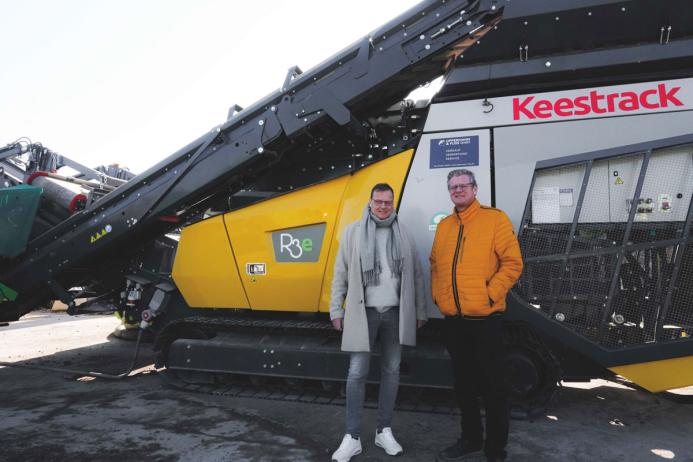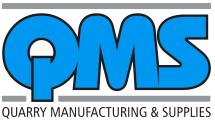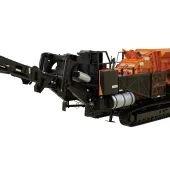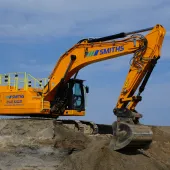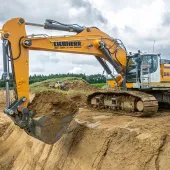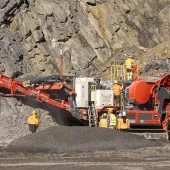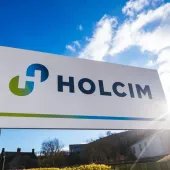Recycling success in Germany for Keestrack
New electric plug-in Keestrack machines help increase sustainability credentials of Büscher
MATERIALS firm Büscher are contributing to a cleaner, greener, and more sustainable future in Germany by constructing what they claim, is the first house using around 75% recycled construction and demolition waste, while the load-bearing and non-load-bearing interior wall elements are made of 100% recycled aggregates.
In recent years the company has received high volumes of construction and demolition (C&D) waste, which are available for recycling into aggregates for road construction. However, Büscher soon discovered the waste materials were difficult to sell and given the high stock quantity – brothers Wolfgang and Hans-Jürgen Büscher started to look how this C&D material could be reused as a raw material for prefab concrete and concrete elements.
The sustainable idea faced many obstacles, not least convincing building specialists in the field and authorities that this could help them transition to a low-carbon, circular economy. There were also the challenges of industry certification and approval and, according to Wolfgang Büscher, it took the business eight years of research and development to approval.
‘Concrete specialists, laboratories and certification specialists were very doubtful that this could be done,’ he explained. ‘They all said it was impossible and not legal.’ With Europe aiming to become the world’s first climate-neutral continent by 2050, it is perhaps no surprise to learn that the construction/housebuilding industry in Germany was soon won over by the environmental strategy of Büscher.
Pushing the boundaries of sustainability and decarbonization, Büscher’s main goal is to become one of Germany’s leading suppliers of innovative and sustainable building solutions. And the company’s decision to invest in Keestrack crushing and screening equipment was driven by and recognizing the environmental impact of its operations and products.
With an environmentally sustainable factory equipped with solar panels delivering up to 323kW/h of renewable electricity, the green energy generated is also used to power Büscher’s latest Keestrack plug-in machine investments – the R3e ZERO impact crusher and K4e ZERO screen. Both mobile plants are fully electric powered by renewable energy and do not have combustion engines onboard, meaning they can deliver net-zero carbon emissions.
The R3e ZERO is equipped with a vibrating feeder and pre-screen (1,200mm x 920mm) to optimize crushing performance and to minimize wear. It has an inlet opening of 770mm x 960mm, a rotor diameter of 1,100mm, and a rotor width of 920mm. The closed-circuit crushing arrangement includes a recirculation conveyor and a precession screen (3,100mm x 1,400mm) that produces a defined aggregate product size.
With a production output of up to 300 tonnes/h and a double deck screen box (4,200mm x 1,500mm), the K4e ZERO has been specially engineered for superior performance with high capacity. The machine also features a standard heavy-duty plate apron feeder and hydraulic adjustable screen angle for enhanced screening capabilities.
Both Keestrack machines for Büscher are equipped with water spray systems for dust suppression, as well as remote controls to operate the crusher/screen from an excavator. They also feature the Keestrack-er UMTS system – a telematics platform that provides real-time data and analytics, along with the location of the crushing and screening equipment.

